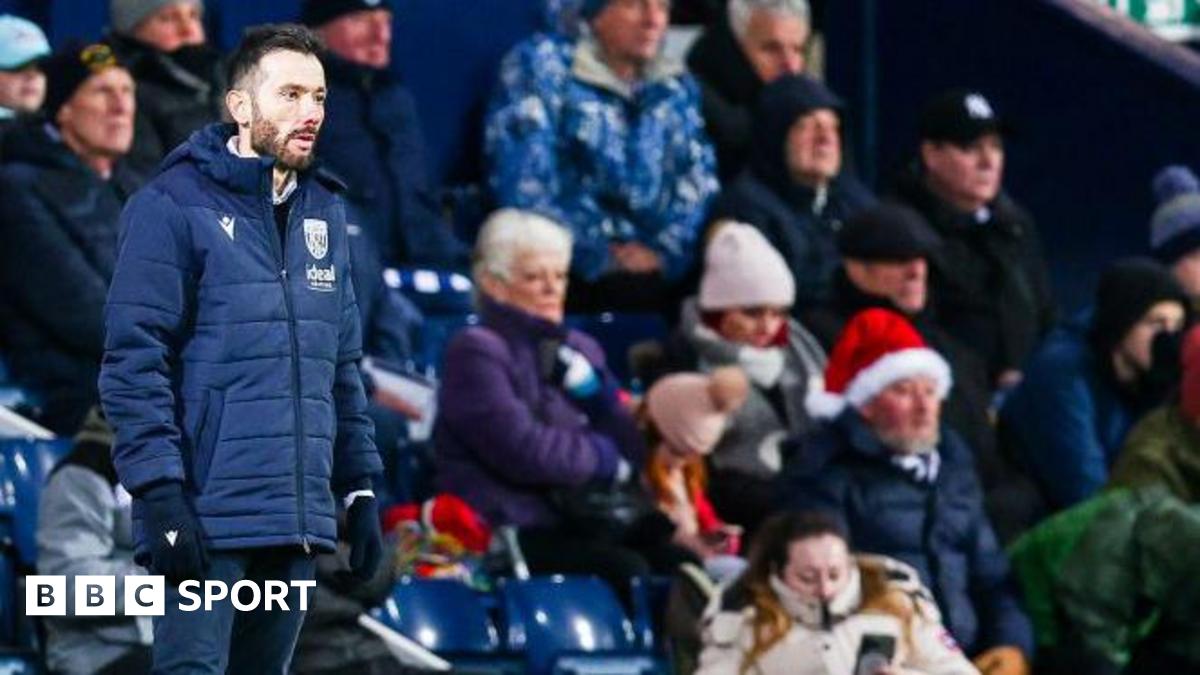Gambling
Smaller surplus could lead to funding change for school vouchers, Moore says. Rebates and video gambling uncertain

Republican state lawmakers are still planning to add hundreds of millions of dollars to the state’s private school tuition voucher program for the upcoming school year. But a smaller projected surplus could make it more challenging to find the funding, North Carolina House Speaker Tim Moore said Wednesday.
Moore told reporters that House and Senate leaders are still committed to finding the money to meet the demand for the vouchers, known as Opportunity Scholarships. More than 50,000 families, mostly in higher income brackets, were left on a waiting list after lawmakers removed the program’s income tax in 2023.
A Senate bill passed May 2 would appropriate nearly half a billion dollars over the next two years to cover those students. The House hasn’t considered the proposal, as lawmakers grapple with last week’s news that the budget surplus won’t be as big as originally expected.
The revenue forecast earlier this year projected a nearly $1.4 billion surplus over the next two years. That forecast was revised downward to just under $1 billion last week.
Moore said they’re still committed to funding the program at that level, but they may have to get more creative about the source of the money.
“Once we got those initial numbers, we went ahead and started baking in some of the proposed funding, so when you pull that $400 million, it certainly made an impact,” Moore told reporters.
He said other sources of funding could be available. But he declined Wednesday to offer specifics, saying that’s being negotiated with the Senate.
Tax rebate not likely
Echoing what Senate leader Phil Berger said last week, Moore declined to rule out the possibility of using the surplus to fund a rebate, but he downplayed the odds of that.
“If we could find a way to make the rebates something meaningful, that’s something that I have always supported,” Moore said, but went on to add that he’d prefer to use the money for “unmet capital needs around the state.”
He said capital projects that have already been funded are coming in well over budget because of inflation, which has hit the construction industry harder than many other sectors.
“We’re probably gonna need a lot of those funds to take care of that,” Moore said.
Video gambling debate uncertain
A push to legalize video lottery terminals, also known as video slots, may be on hold for this session. After nearly a month, no gambling proposal has advanced.
Last week, Berger said any proposal to legalize video gambling would have to originate in the House. Moore hinted Wednesday that it may not happen this year.
“The conversation within the caucus on the topic has actually been very muted,” Moore said. “ The last discussion that we had on gaming was last year, and there was not support in the caucus at that point.”
That’s a reference to the failed push by Berger and Senate Republicans last year to legalize casinos through the state budget, bypassing the normal legislative process. A revolt among many of the legislature’s more religious conservatives, particularly in the House, killed that idea in a rare public defeat for GOP leadership at the hands of their rank-and-file members.
But Moore didn’t rule video slot legalization out completely, noting that conversations are continuing.
“Go talk to all the lobbyists who’ve been retained on this issue from all over,” Moore said. “You can’t swing a dead cat in this place and not hit a lobbyist that has been hired on gaming.”
In addition to the heavy lobbying presence, people in the gambling industry have spent years giving state lawmakers substantial sums in campaign donations.









